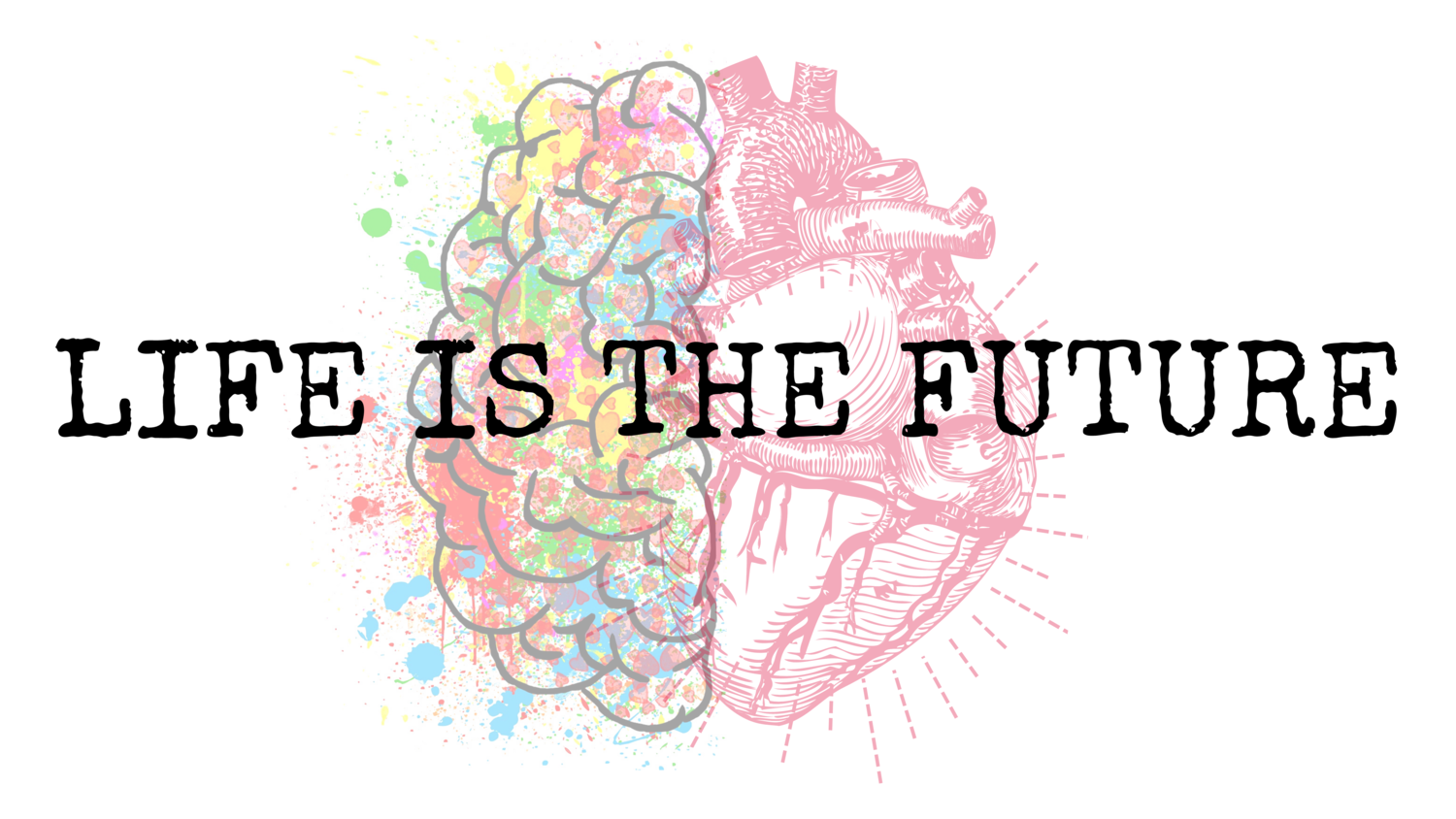Is Procrastination Truly That Bad?
“Procrastination is the art of keeping up with yesterday.” - Don Marquis
Procrastinators Unite! …Tomorrow
What’s the best way to go about completing work?
The easy answer: It all depends on the person, of course. That’s not avoiding the question; that’s just reality.
Work completion is too nuanced to be either/or, but let’s break down two standard options nonetheless.
Our choices here will seem exactly like the old fable about the tortoise and the hare:
Should we work little by little, or should we complete a project in one big effort?
Does slow and steady really win the race, or is there a benefit from sprinting to the finish?
Are planners too meticulous and procrastinators overly confident, or are both simply taking advantage of their personal style of workflow?
The Breakdown
It’s like watching a little kid race an adult. Kids sprint, then stop for a rest, then sprint again. Meanwhile, an experienced runner might hold a steady pace and maintain that moderate work effort. If their finish time is exactly the same, however, is one strategy better than the other?
Perhaps. But only perhaps.
See, without the pressure of an approaching deadline, we may not find motivation or ingenuity. Yet the stress of frantic sprints to constantly catch up could feel overwhelming. In tangible terms? We might give up on a project because the workload piled up too high.
Potential is not the same as progress.
Besides completely failing to do the expected work, another major concern is when we procrastinate, we can create mental and emotional strain. With this tension, sure, we have potential– yet the biggest worry is that as time passes and the due date is upon us, there we sit, still without having completed any progress toward our endeavor. This can cause anxiety, panic, or even breakdown… and that’s never good.
Final Considerations
If we stay aimed in the right direction, yes, a little procrastination might give us the boost we need— a jolt of energy and creativity to complete whatever task, whatever work we are attempting to accomplish. We can arrive at the finish line sweaty and sore but smiling and satisfied. Let’s just be sure to acknowledge the possible negative effects on mental health from too much stress and tension— from too much procrastination.
Use looming due dates to your advantage if, and only if, you know you have success in that regard.
Procrastinator or not, test this out: Small bursts of creative efforts performed before personal deadlines. Use these like checkpoints enroute to the finish line. If you thrive on a little pressure, weekly or daily accountability benchmarks create sort of a brain hack for procrastinators.
In the end, it’s up to you, of course, to do what works best for your body and mind. Find a style of workflow that can provide the right amount of time and motivation— in combination with stress management— to put forth quality effort toward life endeavors.
Resources
For more motivation and learning, here are some resources on HABITS I recommend checking out.
Atomic Habits by James Clear
The Power of Habit by Charles Duhigg
The 7 Habits of Highly Effective People by Stephen Covey
The 7 Habits of Highly Effective Teens by Sean Covey
And more…
YouTube.com/MrTodnem Facebook.com/MrTodnem Instagram.com/ScottAmpersand



